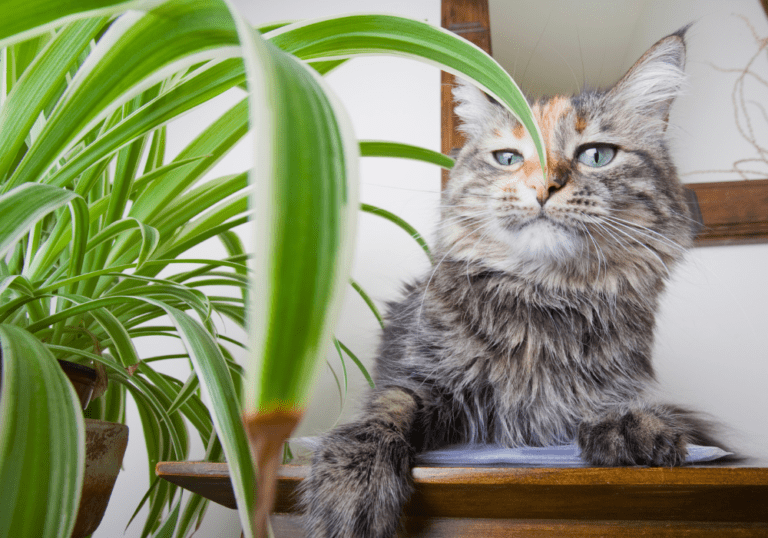Cat-Safe House Plants: A Guide for Pet Owners

House plants can elevate the aesthetics of your home and improve air quality, but if you share your space with a cat, you must be cautious about the types of plants you introduce into their environment. Cats are often tempted to chew on leaves, which can be dangerous if the plant is toxic. Before you enhance your home with greenery, it’s essential to know which plants are safe and which could pose a risk to your feline friend.
The Dangers of Toxic Plants to Cats
Cats are curious by nature, and they may nibble on houseplants during their exploration. However, some plants can be harmful or even lethal. Symptoms of plant toxicity in cats can vary from mild—such as nausea and diarrhea—to severe, including excessive drooling, fatigue, redness around the mouth, increased thirst and urination, difficulty swallowing, irregular heartbeat, seizures, and in extreme cases, collapse.
If you notice any of these symptoms after your cat has been in contact with a plant, it’s crucial to consult our doctors at Willow Glen Pet Hospital immediately. Prompt action is essential to ensure the health and safety of your pet.
Common Toxic Plants for Cats
Be cautious with the following plants, as they are known to be harmful to cats:
- Begonia
- Indian Rubber Plant
- Lilies
- Tulips (especially the bulbs)
- Daffodils
- Holly Plants (berries)
- Aloe Vera
- Sago Palm
- Cutleaf Philodendron
- Snake Plant
- Devil’s Ivy
- Jade Plant
- Amaryllis
- Eucalyptus
- Azalea
- Hydrangea
- Hyacinth
- Elephant’s Ear
This list is not exhaustive. For a complete guide, refer to the ASPCA’s list of toxic and non-toxic plants.
Safe Plants for Homes with Cats
Fortunately, many plants are perfectly safe for cats, and they can add beauty and a touch of nature to your home without posing a risk. Here are some cat-safe options:
- African Violet
- Prayer Plant
- Banana Leaf
- Baby’s Tears
- Gerbera Daisy
- Various Palm Trees
- Bamboo
- Swedish Ivy
- Zebra Plant
- Friendship Plant
- Boston Fern
- Christmas Cactus
- Ponytail Palm
- Wax Plant
- Money Tree
- Wandering Jew
- Spider Plant
- Cast Iron Plant
- Gloxinia
- Peperomia
- Venus Flytrap
Adding a catnip plant can also be a great choice for entertaining your feline, though it might be best to keep this plant out of reach unless supervised, due to your cat’s potentially boisterous reactions.
For those who prefer low-maintenance solutions or have particularly curious cats, artificial plants provide an aesthetic without the risk. Today’s faux plants are incredibly realistic and require no care other than an occasional dusting.
Additional Tips for Cat Owners
If your cat enjoys grazing on plants, consider non-toxic grass options like oat grass or wheatgrass. These can provide your cat with safe grazing options, though be mindful as some cats may still experience mild vomiting.
For any concerns about plant safety or if you suspect your cat has ingested a toxic plant, don’t hesitate to contact Willow Glen Pet Hospital. Our experienced team, led by Dr. Gillon and Dr. Shani, is here to assist with all your pet care needs.
If you need more help or have any questions, call us at Willow Glen Pet Hospital, (669) 342-7472, 1033 Willow Street, San Jose, CA, 95125, US. Hours: Monday – Saturday 8:00 am – 6:00 pm Dr Gillon or Dr Shani or visit us online.
